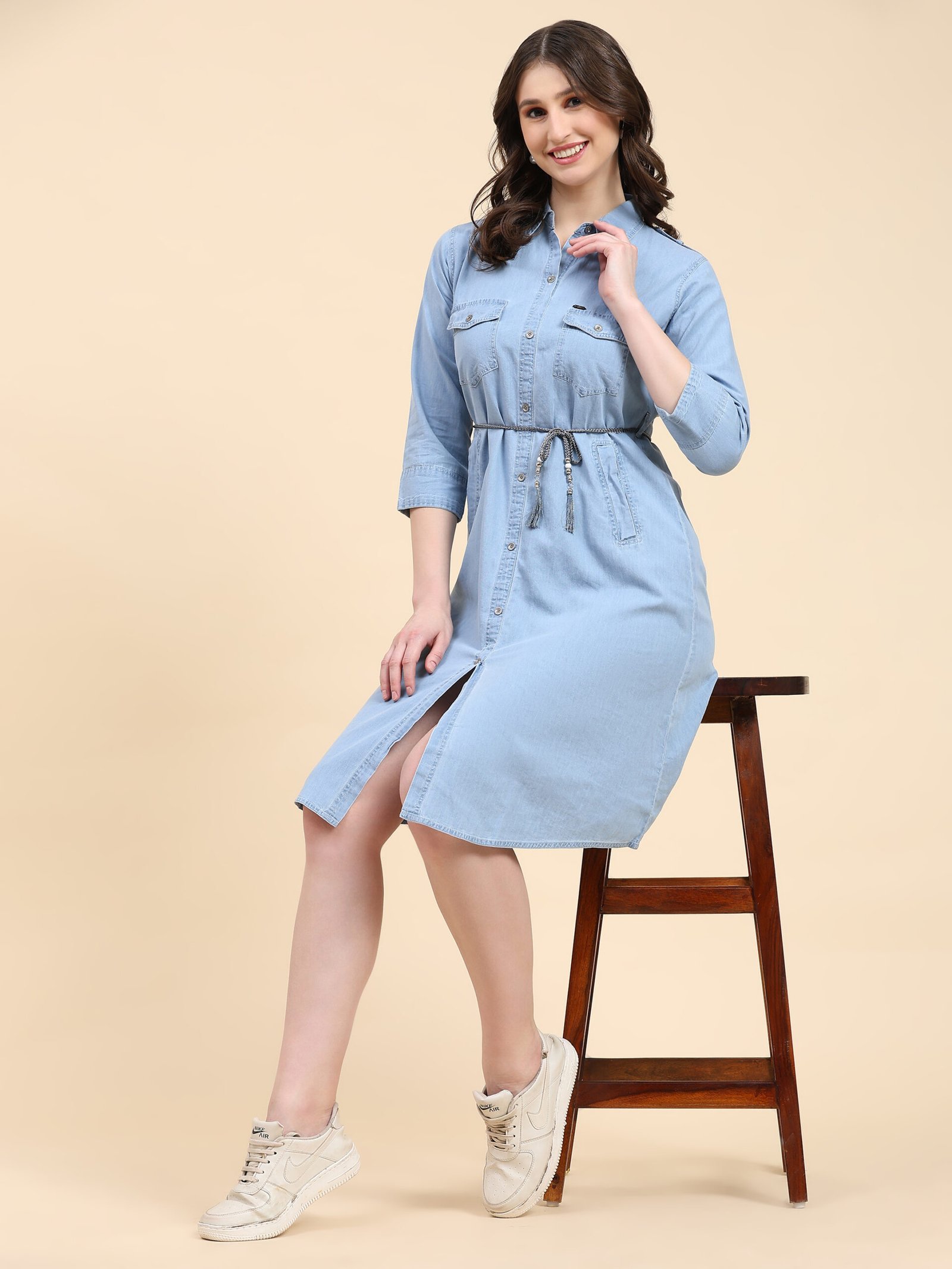In a world where fashion trends change rapidly, there’s a growing awareness of the environmental impact of the industry. Sustainable fashion has emerged not only as a trend but as a conscious choice that reflects a commitment to environmental responsibility. In this exploration, we delve into the principles of western dress or western dress for women, its impact on the industry, and how individuals can embrace a greener approach to style without compromising on aesthetics.
Understanding Sustainable Fashion:
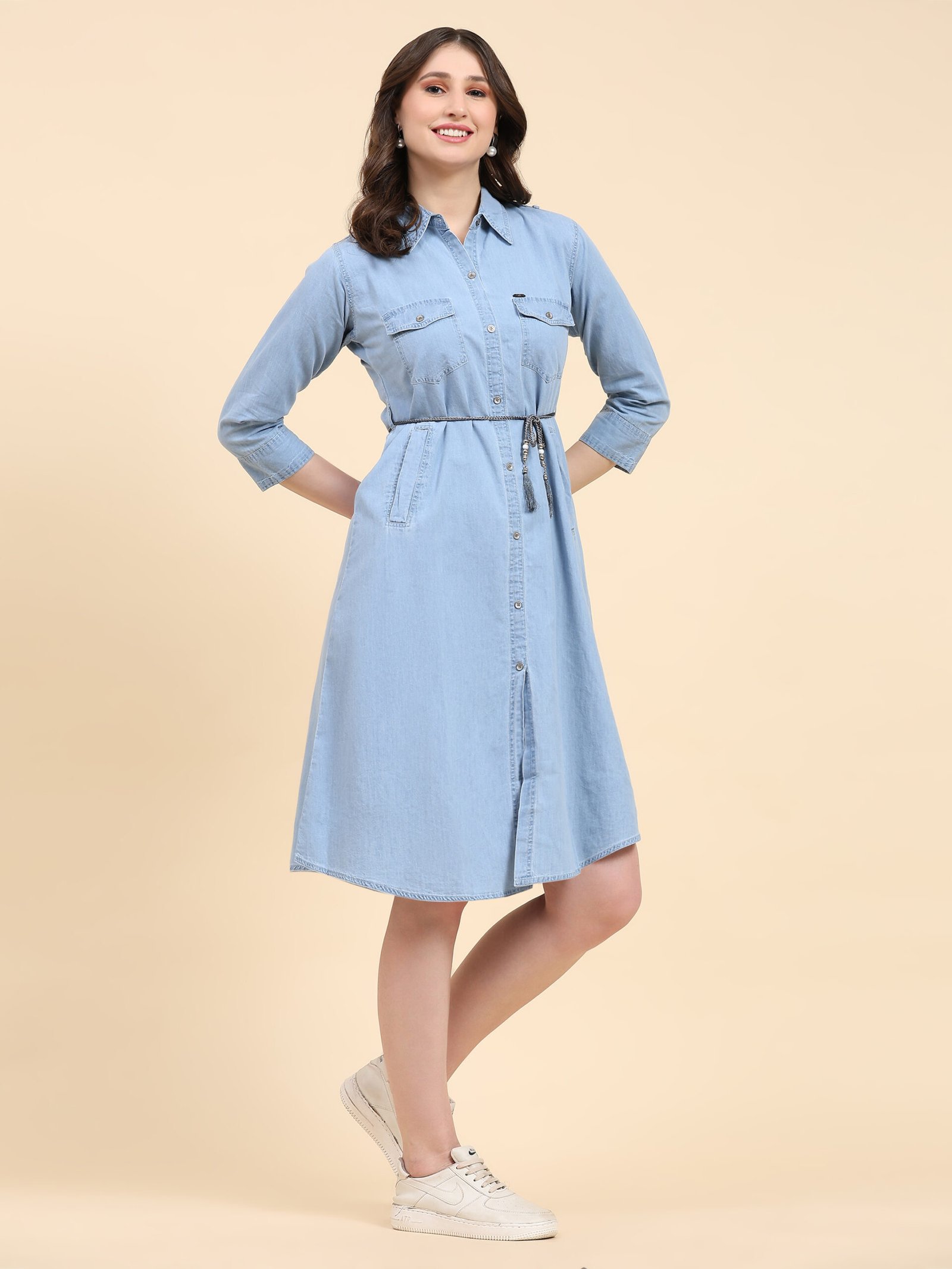
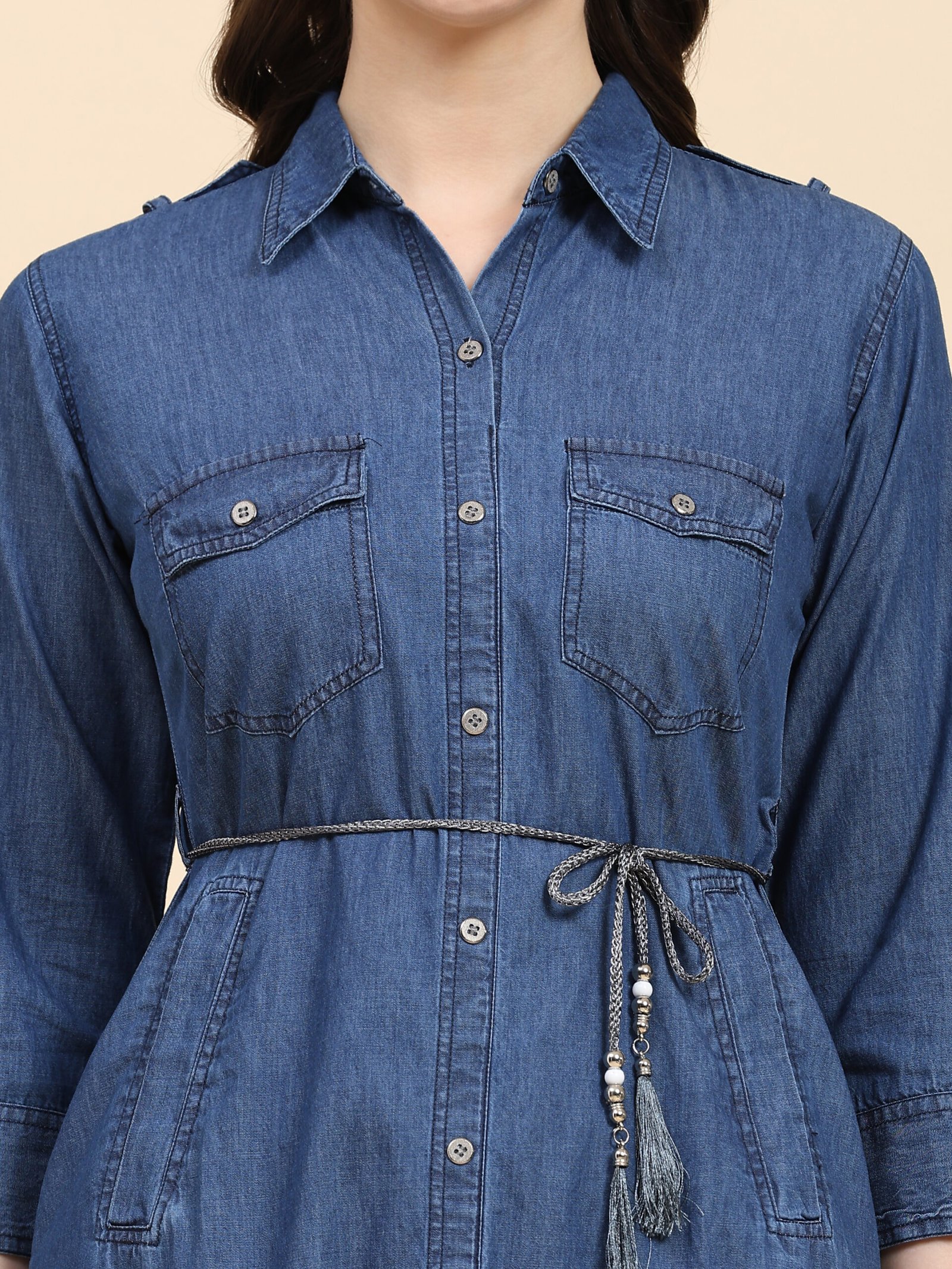
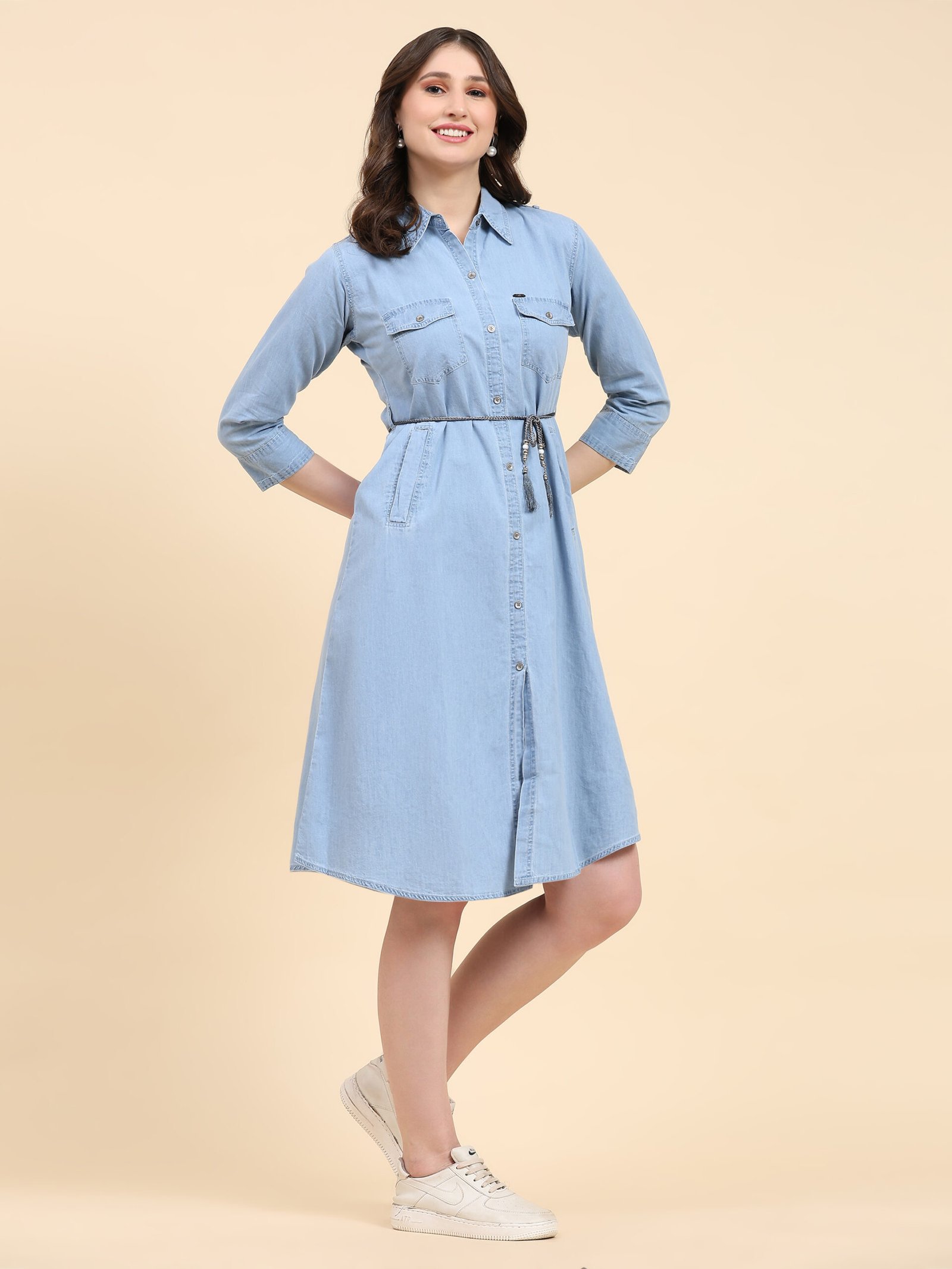
At its core, sustainable fashion is an approach to clothing that considers the entire lifecycle of a garment, from design and production to consumption and disposal. It focuses on minimizing the environmental footprint, promoting ethical practices, and supporting social responsibility within the fashion supply chain. Sustainable fashion seeks to address issues such as overconsumption, waste, and the exploitation of labor.
Eco-Friendly Materials:
The use of eco-friendly materials is a cornerstone of sustainable fashion. Designers and brands are increasingly turning to fabrics like organic cotton, hemp, Tencel, and recycled polyester to create clothing that minimizes environmental impact. These materials are not only kinder to the planet but also often result in high-quality, durable garments.
Circular Fashion Economy:
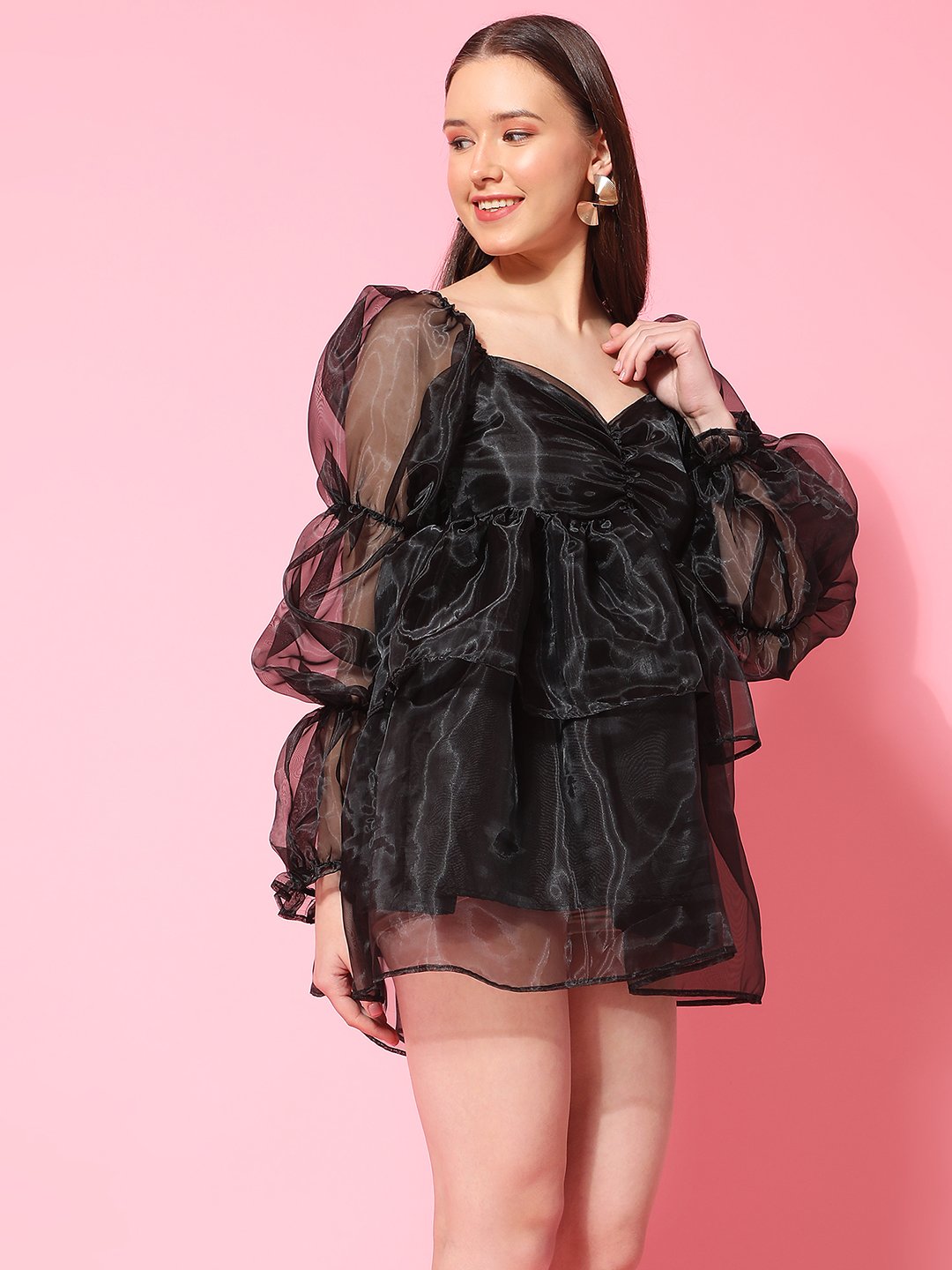
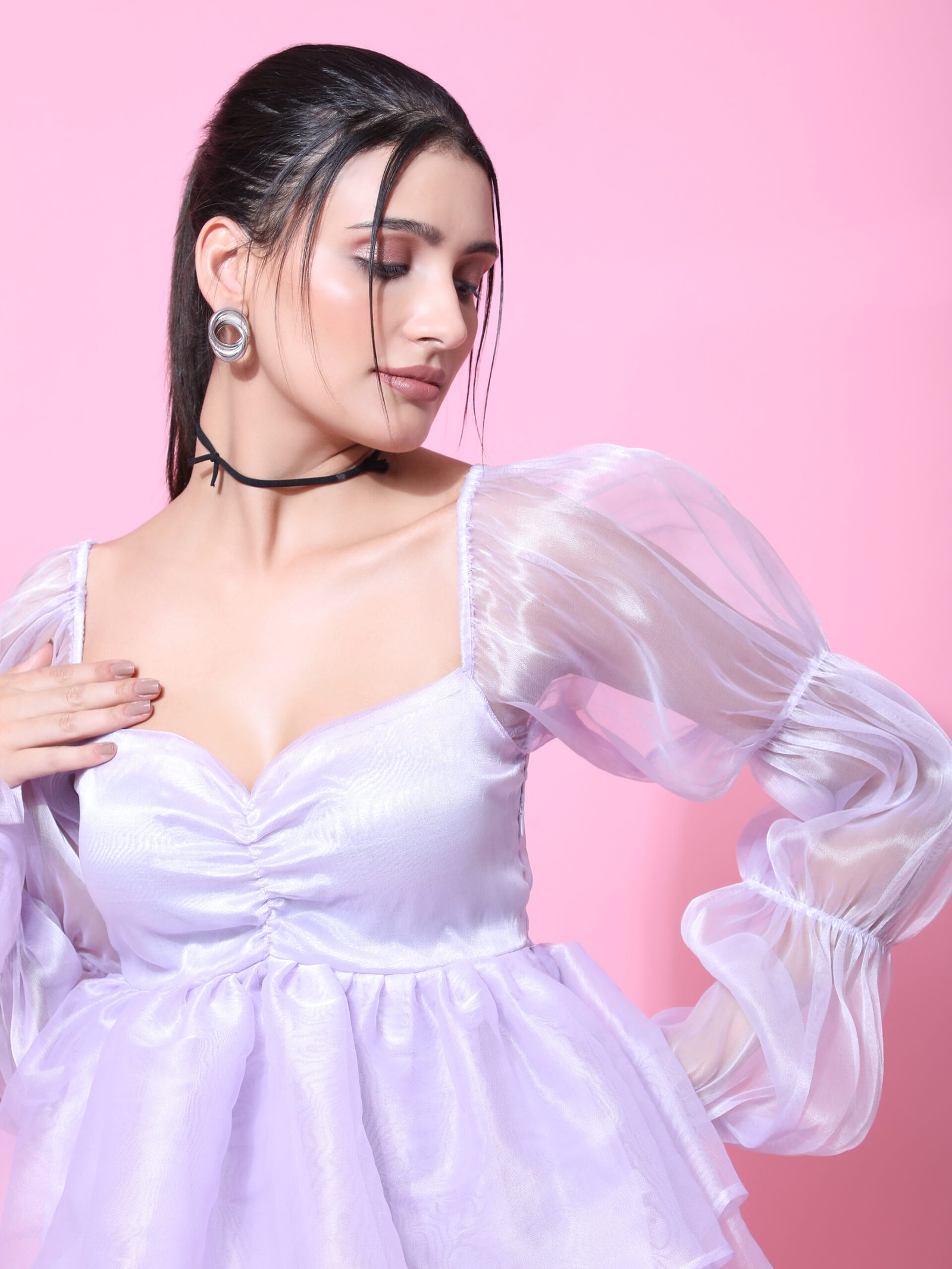
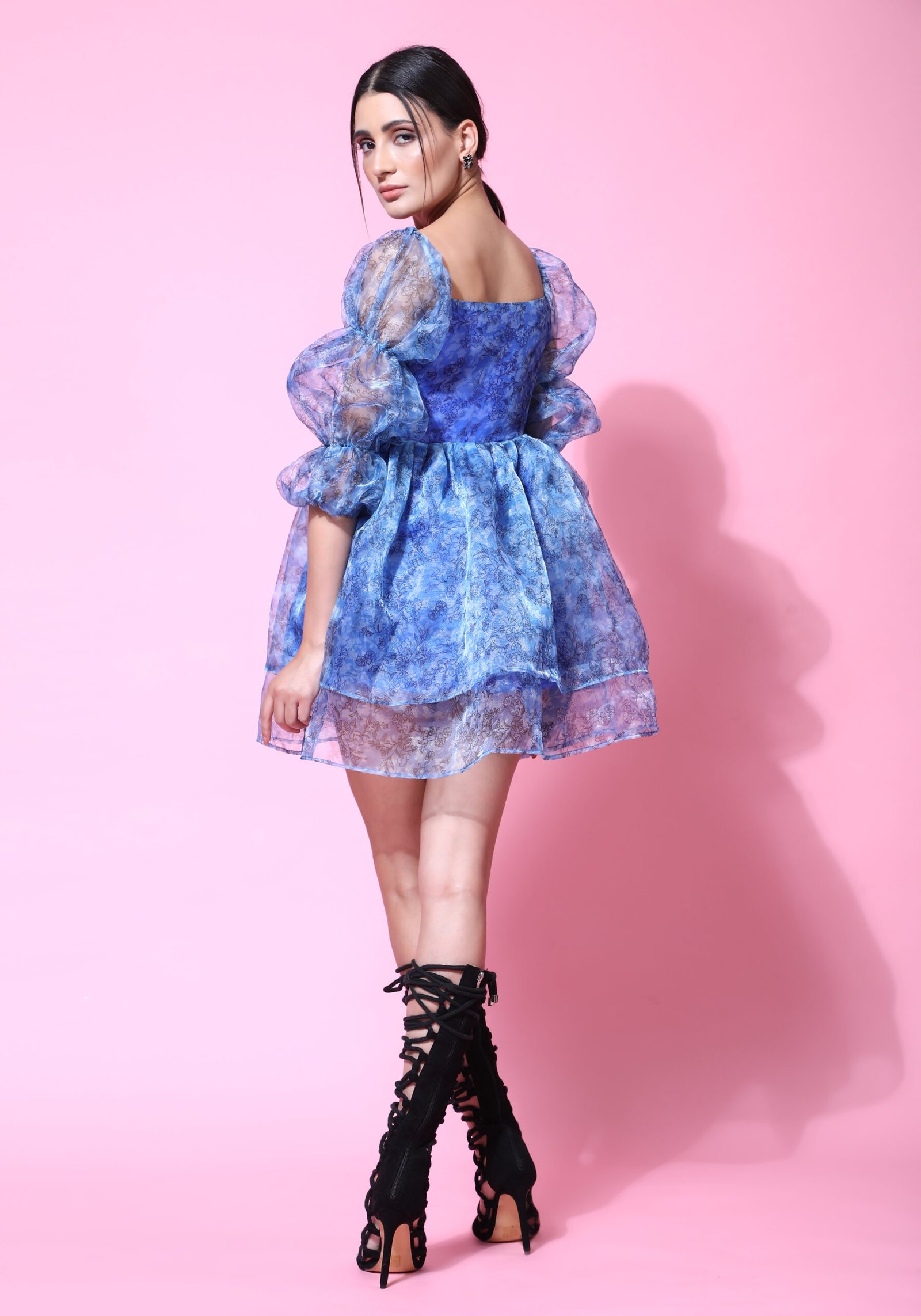
Sustainable fashion promotes a circular economy where the lifespan of clothing is extended through practices such as recycling, upcycling, and repairing. Embracing this circular approach reduces the amount of textile waste ending up in landfills and contributes to the conservation of resources.
Ethical Production Practices:
In contrast to the fast fashion model, sustainable fashion embraces ethical production practices. This includes fair wages, safe working conditions, and a commitment to social responsibility throughout the supply chain. Brands adopting these principles prioritize the well-being of their workers and contribute to the overall improvement of labor conditions in the industry.
Local and Artisanal Production:
Sustainable fashion often champions local and artisanal production, reducing the carbon footprint associated with long-distance transportation. Supporting local artisans not only fosters a sense of community but also ensures that traditional craftsmanship and skills are preserved and celebrated.
Capsule Wardrobes and Timeless Design:


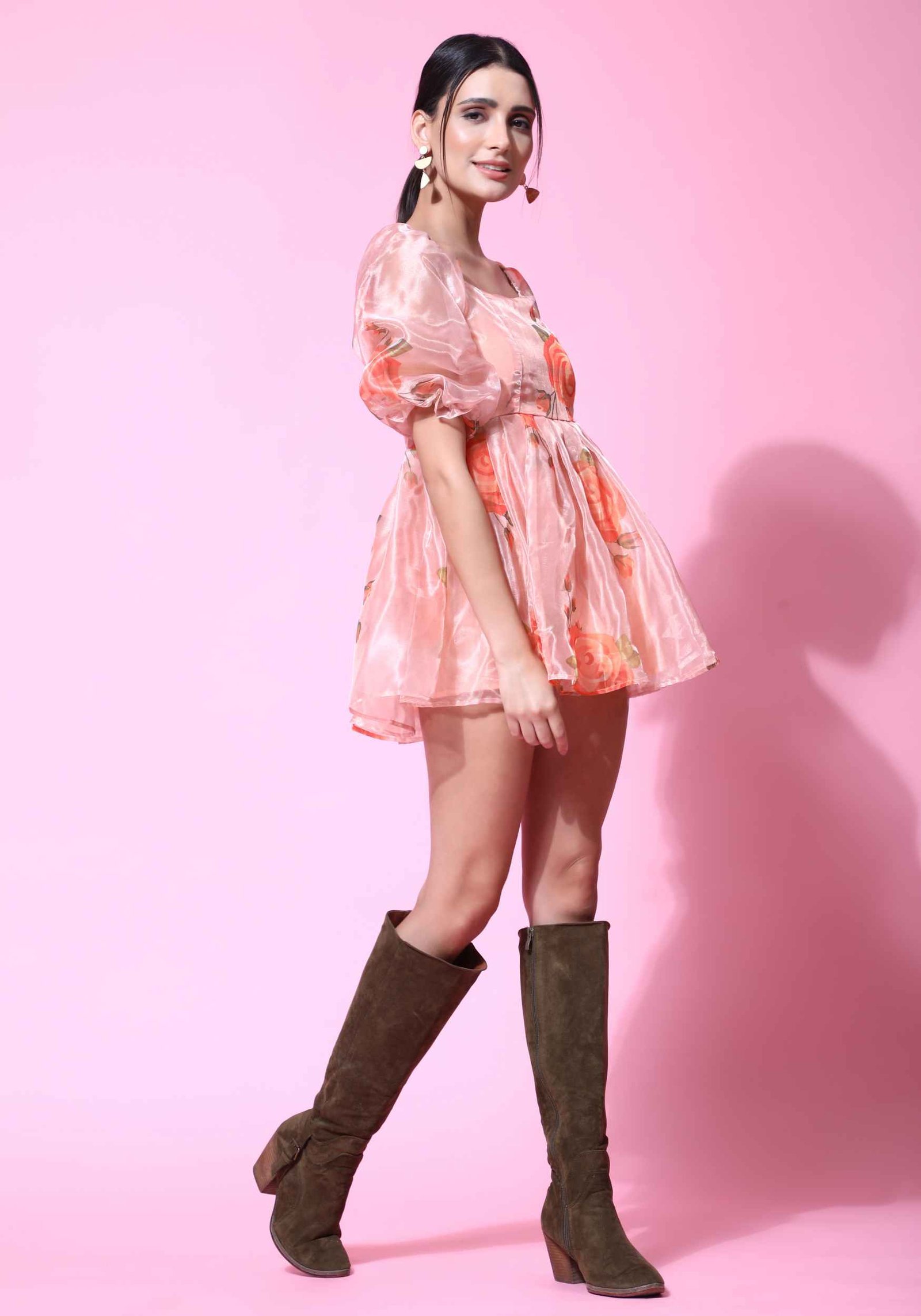
A key aspect of sustainable fashion is encouraging consumers to adopt a minimalist approach to their wardrobes. Capsule wardrobes, consisting of a curated collection of timeless, versatile pieces, promote mindful consumption and discourage the fast fashion cycle of constant purchasing and discarding.
Renting and Second-hand Markets:
The rise of clothing for women rental services and the popularity of second-hand markets contribute significantly to sustainable fashion. Renting allows individuals to enjoy a variety of styles without contributing to the overproduction of new garments, while second-hand markets reduce the environmental impact of clothing disposal.
Consumer Awareness and Education:
Central to the success of latest fashion dress is the active participation of consumers. Increased awareness and education about the environmental and social impacts of fashion empower individuals to make informed choices. Conscious consumers drive demand for sustainable practices, encouraging brands to adopt more responsible approaches.
The Impact on Industry Giants:
Major fashion corporations are recognizing the shift towards sustainability and are gradually incorporating eco-friendly practices into their operations. From adopting sustainable sourcing to launching eco-conscious collections, these industry giants play a pivotal role in setting trends and influencing consumer behavior.
Challenges and Future Prospects:
While strides have been made in the realm of Traditional dress fashion, challenges persist. Balancing the demand for affordable and accessible sustainable options, overcoming the allure of fast fashion, and navigating complex supply chain issues require ongoing commitment from both consumers and the industry. However, the growing momentum suggests a positive trajectory towards a more sustainable future for fashion.
Conclusion:
Sustainable fashion is more than a passing trend; it’s a necessary evolution in the way we approach style and consumption. As consumers become more conscious of the impact of their choices, the fashion industry is adapting and embracing a greener, more responsible ethos. From eco-friendly materials to ethical production practices, ethnic fashion is not just about clothing; it’s about shaping a future where style and environmental consciousness coexist harmoniously. As we navigate the complexities of the fashion landscape, let’s celebrate the strides made towards sustainability and continue to foster a stylish revolution that leaves a positive mark on our planet.


